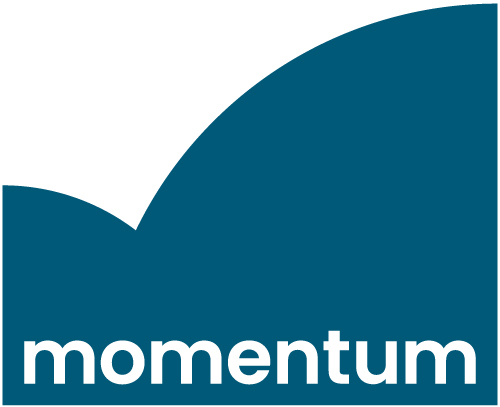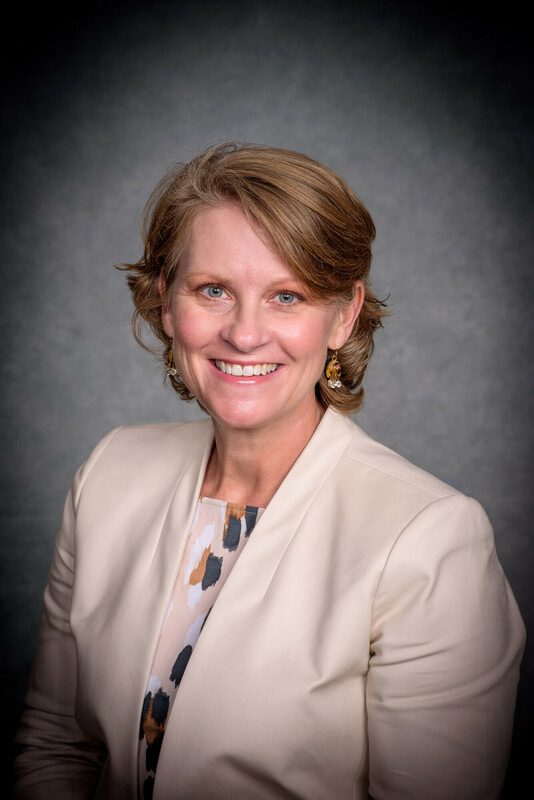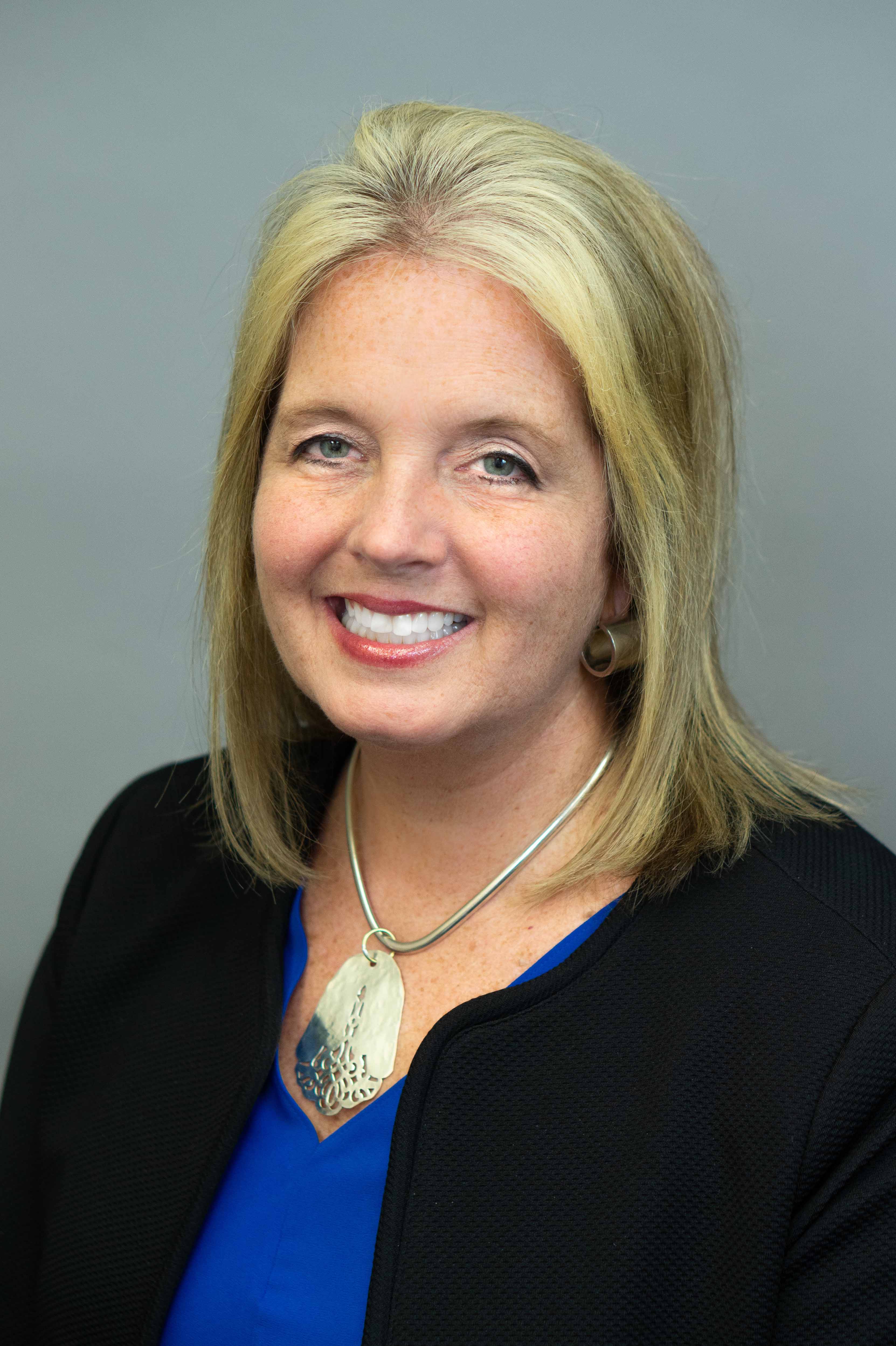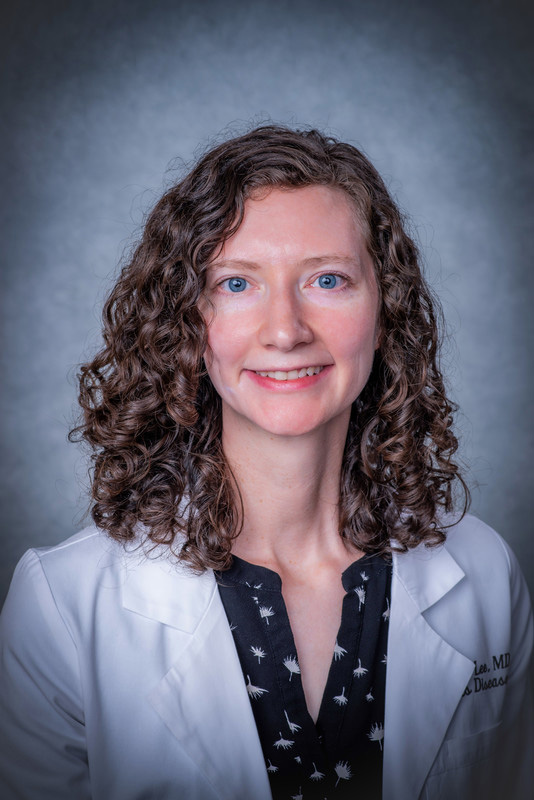 Women within UAB’s health system are making strides in leadership—influencing every corner of our academic medical center. From administration to operations and communications, women are leading our way into the future of medicine.
Women within UAB’s health system are making strides in leadership—influencing every corner of our academic medical center. From administration to operations and communications, women are leading our way into the future of medicine.
An initiative that supports this leadership is the inaugural Momentum in Medicine at UAB program. The pilot, which began in October, offers a UAB campus option of the highly competitive Momentum Executive Leadership Program hosted by Momentum Leaders.
Jean Ann Larson is leading the charge at UAB, utilizing the full Momentum Executive Leadership Program and equipping 18 women across UAB Medicine and the health system with trainings, tools, and workshops.
Since its initiation, the Heersink School of Medicine has been interviewing a few women of the program at a time. This month, we sat down with Catherine Brown, Paige Dorman, and Rachael Lee, M.D., to learn about their experience so far.
 Meet Catherine Brown
Meet Catherine Brown
Catherine Brown has worked at UAB for 29 years and directs the UAB Medicine Department of Advanced Practice Providers.
Q: What does it mean to you to be a part of Momentum in Medicine at UAB?
Catherine: To be a part of the inaugural class of women in Momentum in Medicine at UAB means to be part of creating a legacy. I want to ensure that our legacy from this first class stretches beyond our own personal growth and development and reaches a larger audience of women leaders across UAB Medicine. This opportunity holds also an obligation to develop the next generation of excellence in leadership. We owe that to our successors, to UAB, and to the patients we serve.
Q: Momentum trains extraordinary women leaders. Who has been an extraordinary woman leader in your life?
Catherine: My mother was an extraordinary leader in my life. When I was 16, she returned to college to complete the bachelor's degree she had not finished in her twenties. But, she did not stop there. My mother went on to earn her master’s and Ph.D. She juggled this as a wife and mother of three very busy children. After completion of her Ph.D., she became a senior scientist for NASA. I was always inspired by her dedication to her own passions while she invested in those of her children. She helped me see that the bar can and should be set high.
Q: What is one piece of advice you would give women who want to become leaders in their field?
Catherine: Rising women leaders should always be seeking opportunities to learn and refine their skillset. Identify your strengths and lean into those. Understand your weaknesses, but do not focus on eliminating them. Learn to mitigate them instead. Productive energy is spent on your strengths. Balance yourself by surrounding yourself with others who have differing strengths and from whom you can learn. That may not always be someone in a higher position than yourself. Often the greatest learning comes from those in entry level positions.
Q: How do you hope to be empowered by Momentum?
Catherine: I hope to be empowered to cascade these leadership skills to future leaders. I hope to build a bench of highly skilled, professional women who are ready to lead UAB into the future. I want to be more than a coach, more than a mentor. I want to be a developer.
 Meet Paige Dorman
Meet Paige Dorman
Paige Dorman serves on CEO and Dean Selwyn M. Vickers’ Leadership Team and has directed all communications efforts in the UAB Heersink School of Medicine since 2014.
Q: What does it mean to you to be a part of Momentum in Medicine at UAB?
Paige: Like many of my colleagues have said, it is such an honor to be selected. I see it as a recognition of everything that has brought me to this point in my career and the people who have inspired and helped me along the way. Communications people sometimes feel like we have to fight for a seat at the table when it comes to leadership and strategy. That said, being chosen to be part of Momentum shows me that our leadership sees me as someone they want to invest in for the future, but it also demonstrates to me that they see the value of communications overall, and the need for a strong leader in that space. That is extremely validating to me.
Q: How do you stay motivated to continue personal and professional growth?
Paige: I recently saw a quote that I have taken to heart. It was in large letters on the wall of a school building as you walk out. “Be the kind of leader you would want to follow.” Sounds simple, and I’m sure the quote isn’t new, but it made me stop and think about my leadership style. We have all worked for people who are managers, but not necessarily leaders. Not everyone wants to be a leader—but I do. Thinking about that quote really motivates me to keep evolving and learning from those around me in order to be the best leader I can. I am fortunate to be surrounded by inspiring leaders, as well as amazing teammates and colleagues who I learn from constantly.
Q: What is your biggest takeaway so far?
Paige: Honestly, it has been such a pleasure to be part of a group of women who are truly there to lift each other up, whether it’s with the whole group or in my small group. They have helped me learn that it doesn’t have to be hard or scary to take a look at yourself through the eyes of others. Likewise, they have made me realize that some of my qualities are unique and set me apart from others—in a good way! I don’t always embrace or acknowledge that and these ladies have helped me see it. One of my biggest takeaways is the importance of fully committing to having an open mind and allowing yourself to be vulnerable in a setting like this, even with people you don’t know.
Q: What is one piece of advice you would give women who want to become leaders in their field?
Paige: Fake it until you make it! I am joking, but there is some truth to it. I think men are generally better at projecting confidence, even when they may not feel it. Right or wrong, sometimes just saying something with confidence makes all the difference. The way you talk about something really matters. Remember: you are the expert in what you do, so don’t be afraid to speak with conviction. Again, I think as women we are sometimes more hesitant to do that. If you don’t have all the answers right away, don’t let it rattle you. You aren’t expected to know everything, even though we often put that pressure on ourselves.
 Meet Rachael Lee, M.D.
Meet Rachael Lee, M.D.
Rachael Lee, M.D., joined the UAB Division of Infectious Diseases faculty in 2016 and serves as associate professor.
Q: What does it mean to you to be a part of the UAB pilot of Momentum’s Executive Leadership Program?
Lee: UAB attracts intelligent, strong, and motivated people who excel in their fields and Momentum’s Executive Leadership Program highlights how we each have our unique viewpoint to bring meaningful change. I am in awe of the women in this program and am excited to be a part of this pilot.
Q: How do you stay motivated to continue personal and professional growth?
Lee: My role as an epidemiologist ebbs and flows with every surge of COVID-19 and can become stressful; I have found that it is important now more than ever to take time for myself to develop my professional goals. I have taken to heart guidance from other infectious disease leaders here to be open to opportunities as well as to provide opportunities to mentees and others around me. As part of my personal growth, I am incredibly lucky to have a supportive husband and wonderful children bring joy to my life.
Q: Momentum trains extraordinary women leaders. Who has been an extraordinary woman leader in your life?
Lee: There have been many extraordinary women leaders who have helped me in various stages in my life. As a child and young adult, I grew up seeing how my “tough as nails” radiologist mother who trained here, Dr. Colleen Sanders, work tirelessly to care for patients and then to improve healthcare delivery as a leader here. As an internal medicine resident, Dr. Lisa Willett’s infectious excitement for medical education and family drove me to be a better doctor. Now, I’m lucky to have a strong female division director, Dr. Jeanne Marrazzo, who has supported me and my career in healthcare epidemiology.
Q: What is one piece of advice you would give women who want to become leaders in their field?
Lee: My one piece of advice is to find your people. There are people in my life who bring me joy, make time for me, and provide guidance for difficult issues. Given there are few in my field, I have sought out opportunities to develop peer mentorships and that opens up many leadership doors or both yourself and others.